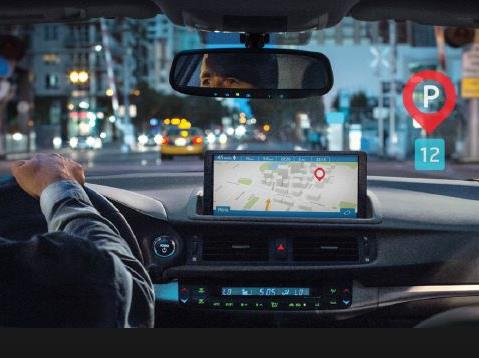The Ministry of Industry and Information Technology of China (MIIT) published a guideline on the standard system of the Internet of Vehicles (IoV) on June 19 to promote the development of new technology.

Photo: Xinhua
The IoV is a convergence of the mobile Internet and the Internet of Things. The IoV technology refers to dynamic mobile communication systems that communicate between vehicles and public networks using vehicle-to-vehicle, vehicle-to-road, vehicle-to-human and vehicle-to-sensor interactions.
The IoV is a new technology that encompasses information communication, environmental protection, energy conservation, and safety. Improving the IoV will help to develop the automobile industry and automatic driving technology innovatively, enhance the transportation efficiency, and lower the accident rate.
Recently, the Chinese IoV industry has been improving rapidly, and the innovation of key technologies has been accelerated. China needs to build a standard cross-industry system that can also adapt to the needs of Chinese technology and industry development.
This guideline is divided into different sections, including overall requirements, an intelligent connected vehicle (ICV), information communication, electronic products and services, and so forth.
The MIIT invited various experts from different industries, such as automobile, electronics, information, and transportation, to discuss the guideline, and asked for opinions and comments from related departments and the public multiple times.
The guideline will use its leading effect to support the construction of an ecological environment in the IoV industry, and speed up the development of related standards for automobile driving and aided driving systems, automotive electronics, and wireless communication.
It will fulfill the needs of industry development, including research, tests, demonstrations, and operations, and support the IoV industry to improve key technologies and openly cooperate with other industries.
The MIIT next will cooperate with about 20 departments and organizations, such as the Ministry of Public Security and the Ministry of Transport, to help solve problems related to government policies, technology standards, infrastructures, management and so forth.


